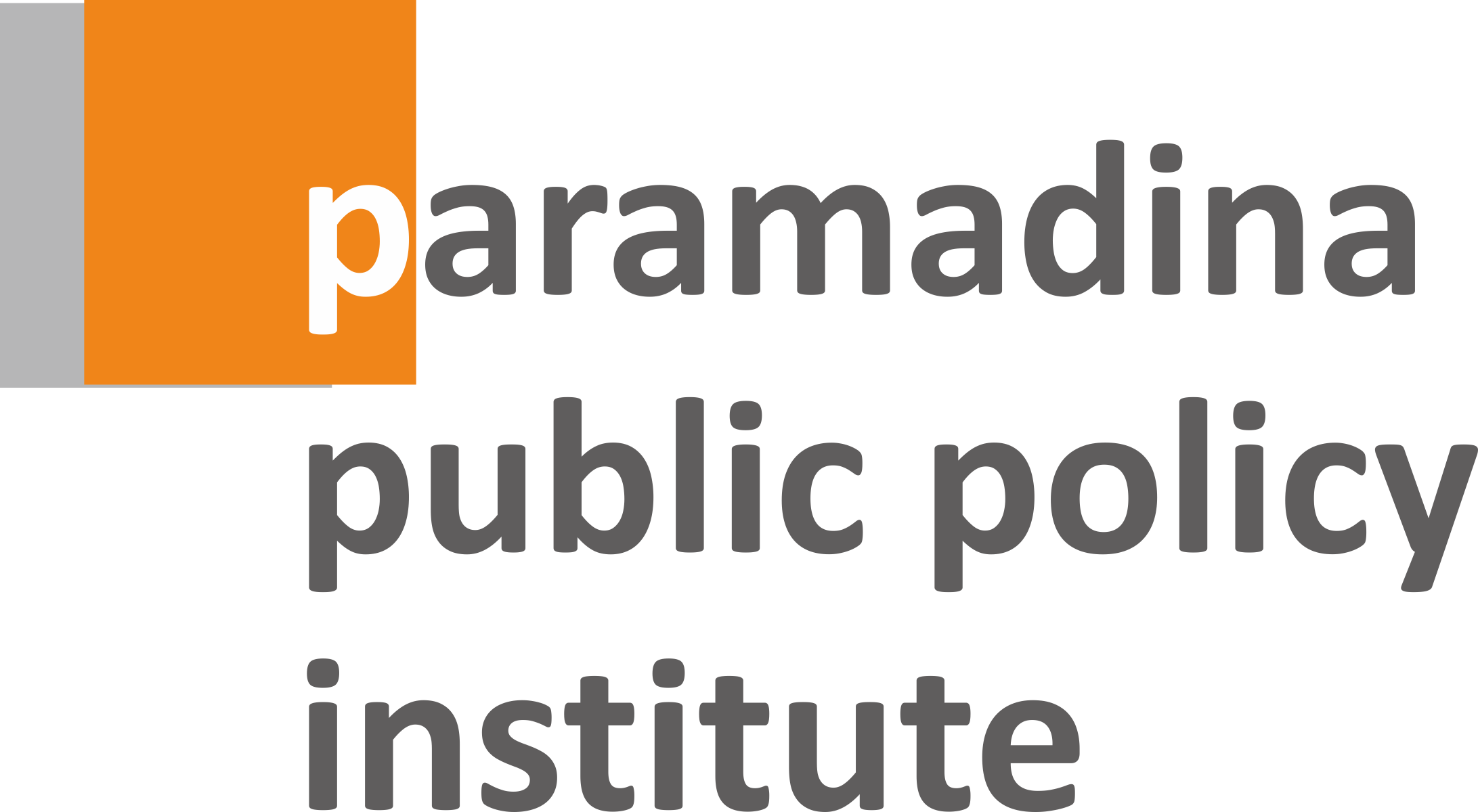
January 20, 2020
A year by an election time, the phenomenon of politicians jumping across different political parties occurs. With only several parties participating in the election (ten in 2014, twenty in 2019), this situation seems never subtle. It is also mainly caused by a number of politicians from political parties who failed to participate in the election are out looking for a “new home” to contest in the upcoming election.
This phenomenon occurs in almost all democracies, but what happens in Indonesia needs to be noted particularly due to the dynamic and massive movement pattern.
The similar phenomenon is, though, common among private companies. Executives easily move from one company to another because of corporate pragmatism that prioritizes the contribution of the executives to the company. In this sense, companies do not consider any ideological barrier. Their performance is measured by a clear measurement, namely how much the company’s profit or economic added value is given to shareholders reflected in their share price.
If the same thing happens in our political realm, we are indeed worried. The absence of clear ideologies is a serious problem considering that ideally the party is created and valued for their fight for certain ideas and thoughts, not for pragmatism and ego.
These jumping-around politicians indeed are making their track records even more blurry. Consequently, it seems increasingly difficult for people to determine which politicians who are willing to advance our democracy and those who only just want to take advantage of the democratic system. Whereas, the quality of politicians is an important pillar of the quality of democracy.
Even if there are criteria applied by Indonesian political parties for selecting politicians, the parameter tends to be mainly based on the parties’ interest, namely how much financial capital they bring. Of course, this parameter is far from representing the aspirations of the main stakeholders of political parties in a democracy, namely their voters or constituency. As a result, there is no guarantee that the constituents’ interests will be met or at least fought for.
The corporatization of political parties is assuredly taking place. Political parties behave in ways private companies do. Interestingly, there are some political parties that resemble the formation of a family company where the highest powers rest in the hands of the owners or their descendants. Even though it seems easier to safeguard the founding-figure’s vision, a family company generally lacks leadership regeneration and fresh ideas.
Their main problem for growth is the supply of top quality executives who can come only from families. The company’s growth will surely be hampered. In other words, in the long-run, it is difficult for the family-company-styled political parties to remain relevant and to keep developing.
Political parties and car rentals
If it is true that the process of corporatization of political parties has been and is ongoing, it will certainly be quite interesting to examine what business models that have been the main references for political parties. Silih Agung Wisesa, an expert in marketing and political communication, had a study about the phenomenon and the result is surprising enough. Candidates for governors and prospective regents must spend up to Rp200 billion and Rp6 billion respectively to become eligible candidates (at least in 2014). The funds are to “buy” political party support and fund various campaign needs.
Looking at the recent various regional elections, the business model applied by some political parties in Indonesia seems to be the car rental business model. In this model, anyone can buy a car to drive to a specific destination as long as they pay the renting cost depending on the type of the car. If only one car is deemed insufficient, the car renter can make a coalition by using several cars at once.
After getting the car(s), the renter must find a driver and a helper, gas up the vehicle, then buy a GPS or hire a tour guide. In the context of the election of regional leaders, candidates for governors or regents must create a successful team, and also finance their logistical needs as well as hire political consultants to conduct surveys and develop winning strategies, because political parties generally do not provide these services.
Moreover, when all are ready, the renter must find passengers themselves because the majority of political parties do not seem to have loyal constituents. In other words, a candidate for governor or regent must fight door to door, gather the masses, and place advertisements in various media to gain voters’ support. This must be a tiring and expensive process.
Political courage to stop
To this end, this business model arguably causes democracy in Indonesia to be extremely expensive and elitist. Only those who have financial resources have the opportunity to show up and contest on the political stage.
Combined with the general people’s low understanding of the existing political leader candidates, within our current democracy, we will continuously tend to pick wrong leaders. It is indeed necessary for the political parties to courageously stop this process of corporatization by strengthening their ideology and further modifying the business model. They must have the courage to nominate figures who are worthy of being selected because of their political competence and dedication, not merely their financial capital.
In this context, the parties may not receive much financial contribution from the candidates, but they will indeed benefit in the form of increased popularity and electability. At some point, this will reduce the costs needed by the parties to win democratic competitions. In fact, economically, lowering costs equals increasing income.
Only when our political parties have the courage to take the stand, we can end this phenomenon of car rental democracy in Indonesia. This courage will not only elevate the dignity of political parties, but will also give birth to a democracy that is affordable and able to produce the best politicians or leaders.
It seems that this process has already been initiated by some political parties, in some of regional elections. This initial trend must continue to roll out throughout Indonesia. (*)
Wijayanto Samirin – Co-founder and Head Adviser of Paramadina Public Policy Institute
This article is a contextual translation of the original one published in Indonesian, titled as Demokrasi Rental Mobil in KOMPAS (4 February 2013). It is translated with permission.
